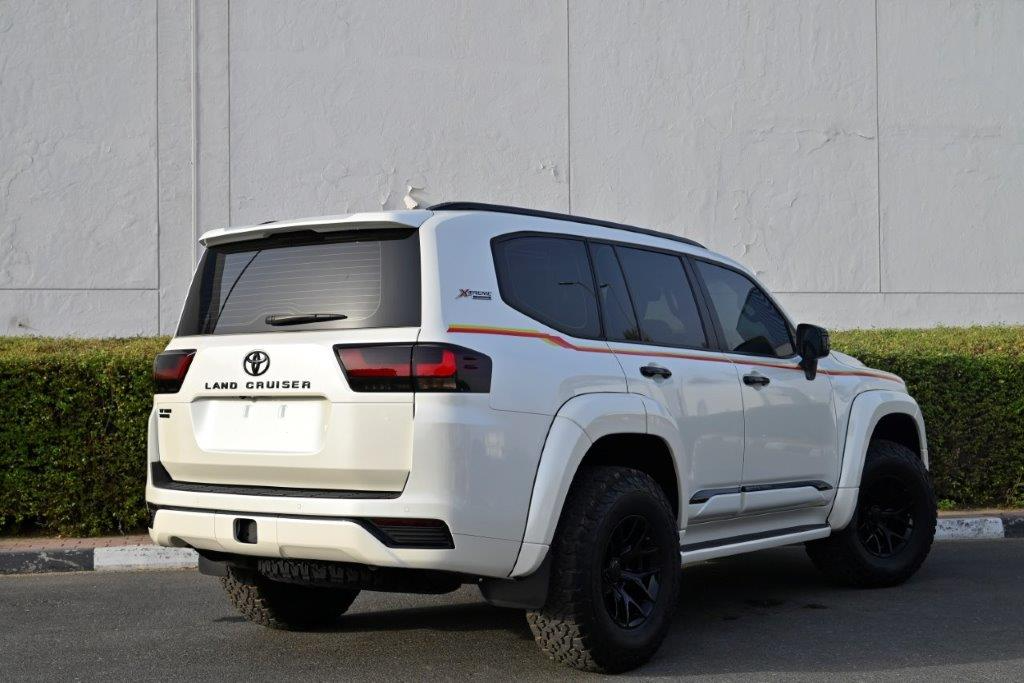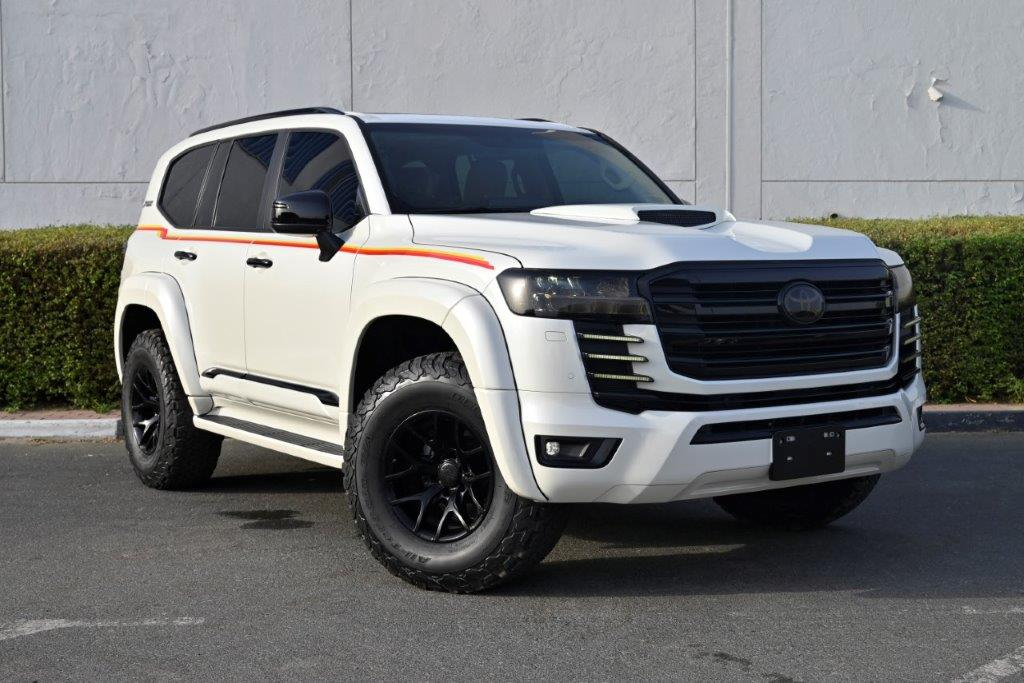When it comes to buying a car that will stand the test of time, many factors come into play. This has led to one of the hottest debates in the automotive industry – should buyers opt for a diesel or petrol engine as they explore key aspects of the conversation including longevity, fuel consumption, travel performance, and running costs. A car is a personal reflection of yourself hence it is of utmost importance that one makes a definite choice that they can comfortably live with. Be it planning endless road trips or navigating busy city streets, this decision represents more than just picking a mode of transportation, it’s about choosing a lifestyle. Each engine type brings with it a story of engineering excellence and their own unique benefits, combining durability with performance. As you delve into the comparisons, you’ll uncover every mile per galon, every drop of fuel, and every drive contributes to the narrative of a car that you envision yourself living with and which appeals to you more.
Longevity
Diesel engines are renowned for their robust construction. Generally built to endure higher compression ratios, they tend to have longer lifespans compared to petrol engines. Their heavy-duty nature makes them a popular choice among those who drive long distances or depend on their car for daily commuting over many years. For drivers who frequently travel long distances, the durability of a diesel engine could mean fewer major repairs over time.
Petrol engines, in contrast, are designed with high-revving performance in mind. While historically they might not have matched diesel engines in terms of sheer longevity, modern advancements have significantly narrowed the gap. With regular maintenance, a petrol engine can also be incredibly reliable and serve well over many years, especially in urban driving conditions.
The diesel variant of the Toyota Landcruiser LC300 Xtreme edition

Travel Performance & fuel efficiency
Diesel cars often have the edge when it comes to fuel efficiency. If your journeys are long and you cover many miles per year, a diesel engine can help reduce the overall fuel consumption. Their ability to extract more energy from diesel fuel means that for highway cruising and extensive travel, the diesel variant usually offers better mileage.
Fuel economy plays a big role when choosing between a diesel and a petrol car. Diesel engines are known for their higher torque and better efficiency, especially on longer drives. They typically offer more miles per gallon, which means fewer stops at the petrol station during long-distance travel. On the other hand, petrol engines are built for quick acceleration and smooth performance, making them ideal for city driving and short, frequent trips. However, when it comes to highway driving, petrol engines usually consume more fuel per kilometer compared to their diesel counterparts.
Maintenance Considerations
While diesel engines are built for longevity, they can sometimes have higher maintenance costs if issues arise especially considering the complex nature of modern diesel particulate filters (DPFs) and advanced emission controls. Petrol engines, while possibly consuming more fuel, often come with a lower initial purchase price and can be less expensive to repair on a day-to-day basis. These characteristics suggest that the choice between diesel and petrol is not merely about the initial expenses but also about balancing consistent performance with ongoing maintenance expenses. With diesel engines, the investment in long-term durability might be offset by the occasional need for specialized servicing, particularly as advanced components require expert attention. The more affordable repair costs associated with petrol engines can make them especially appealing for drivers who favor a lower upfront and recurring maintenance expense, even if it means accepting a higher fuel consumption rate. Ultimately, understanding these nuances can help prospective buyers align their choice with their driving habits, maintenance preferences, and long-term ownership goals.
Commuting long & shorter distances
If you’re a frequent traveler who enjoys long road trips and values fuel economy along with engine durability, a diesel car might be your best pick. The long-range efficiency of a diesel engine can make extended journeys more economical and less stressful on your wallet. On the other hand, if your driving is mostly around city streets with shorter commutes and you prioritize a smoother, quicker performance during daily drives, a petrol car might suit your lifestyle better. The typically lower upfront costs and responsive performance of petrol engines make them a great match for city living.
When considering longevity, diesel engines usually offer an advantage due to their built-to-last design and impressive fuel efficiency on long journeys. However, the right choice depends largely on your driving habits. Evaluate your typical journey whether it’s long, steady highway cruising or dynamic urban driving and consider fuel prices and maintenance costs in your region.
Ultimately, both diesel and petrol cars have their strengths. Your decision should be guided by your personal travel needs, fuel consumption patterns, and cost considerations. By aligning your choice with your lifestyle, you can enjoy a vehicle that not only serves you well for years to come but also keeps your journeys as engaging and economical as possible.
The Petrol Variant of the Toyota Landcruiser-Prado J250





